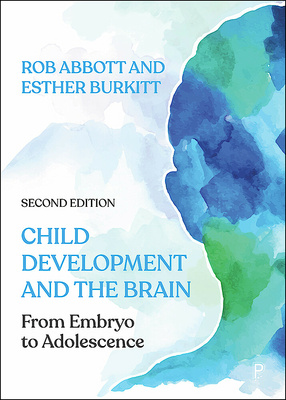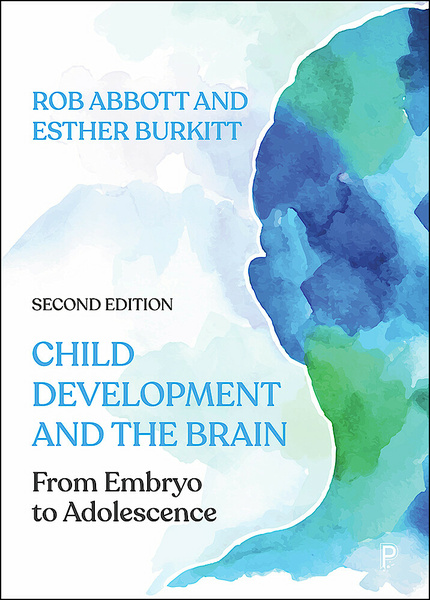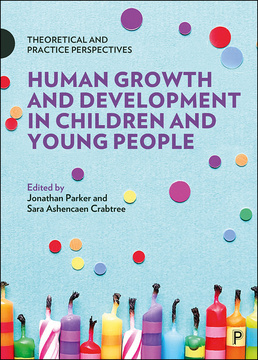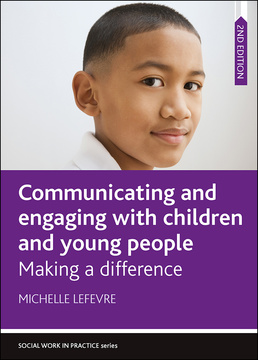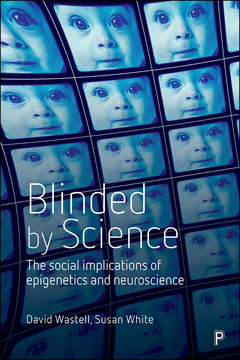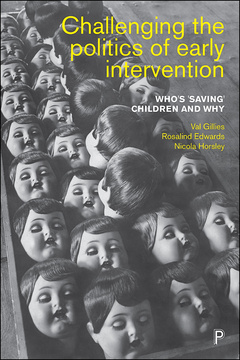Published
May 30, 2023Page count
294 pagesEdition
2nd EditionISBN
978-1447355670Dimensions
244 x 170 mmImprint
Policy PressPublished
May 30, 2023Page count
294 pagesEdition
2nd EditionISBN
978-1447355687Imprint
Policy PressPublished
May 30, 2023Page count
294 pagesEdition
2nd EditionISBN
978-1447355687Imprint
Policy PressThis bestselling textbook provides social science students with an accessible introduction to neuroscience and the implications for our understandings of child development, considering the links between brain development and social and cultural issues.
Now covering the 0-18+ age range, the new edition critically analyses the relationship between children and young people’s thoughts, behaviours and feelings and the ways in which their developing brains are structured. It includes a new section on emotional development in adolescence, considering the impact of drugs and alcohol on the brain and the role of brain changes in driving risky behaviours.
Assuming no prior knowledge of the subject, the text connects the latest scientific knowledge to the practice of understanding and working with children. Incorporating the latest research and debate throughout, the book offers students and practitioners working with children:
• case studies showing how brain science is changing practice;
• a companion website including self-test questions;
• end-of-chapter summaries, further reading and questions to test knowledge;
• a glossary of neuroscientific terms.
"An engaging, readable book which introduces information effectively and encourages us to question established ideas. It uses accessible language and examples that enable everyone to learn and understand developmental neuroscience." Jane Dorrian, The Open University
"Child Development and the Brain is a crucial read for anyone interested in origins of human behaviour and learning, and how this might be affected by a range of critical factors." Robin Sturman Coombs, University of Northampton
"This book shines a light at the neuroscience behind all the core aspects of Psychology that students need to know about. It helps students to make concrete connections with neuroscience using a unique approach." Kat Cartmell, University of Central Lancashire
Rob Abbott is a a lecturer, counsellor and supervisor, and a senior accredited Member of the British Association for Counsellors and Psychotherapists. He is also a Fellow of the Higher Education Academy.
Esther Burkitt is Professor of Developmental Psychology at the University of Chichester, and has Chartered Psychologist and Chartered Scientist status with the British Psychological Society. She is an Associate Fellow of the British Psychological Society and is a Fellow of the Higher Education Academy.
Introduction to the Second Edition
1. Getting To Know the Human Brain
2. How Brains Develop
3. The Development of Thinking
4. Health and the Developing Brain
5. Emotional and Social Development
6. Attachment and Trauma
7. Language Development
8. Literacy and Numeracy Development
9. Learning and Memory
10. Genetics and Neurodevelopmental Disorders
Glossary







